President Thomas Jefferson is asked to discuss the differences between a democracy and a republic. Clay S. Jenkinson asks listeners to send in a list of five things America could to do to become more of a republic again.
“In republican governments, men are all equal; equal they are also in despotic governments: in the former, because they are everything; in the latter, because they are nothing.”
You can read Montesquieu's The Spirit of Laws (1748), in its entirety as a PDF, here. The text is made available by McMaster University. On the show, Mr. Jefferson goes on to point out that:
Montesquieu's Spirit of the Laws is one of the four or five most important books of my time — another is The Wealth of Nations by Adam Smith, but Montesquieu may have had an even greater impact on the history of constitutional government.
But David takes it too far and learns an important lesson about speaking with Jefferson on the subject of Montesquieu: Don't bring up Alexander Hamilton.
Who cares what Mr. Hamilton thinks? He's a monarchist and he's an aristocrat and he's a corruptionist. I don’t see any reason for us to take his intellectual views of Montesquieu — or anyone else — very seriously.
Now I feel a little miffed. Perhaps we should talk about gardening.
What would it take for America to be a Republic again?
In the podcast intro of this episode, Clay poses a question. From the show:
Clay: I'm going to challenge our listeners: Sit down and write out what it would take for America to be a republic again. Write that list out to your own satisfaction and send it to us.
David: The top five things that America needs to do —
Clay: — to be a republic.
David: That would be a great basis for a show.
Clay: And believe me, this is something that will be useful. Right now, you're probably thinking, "Yeah, I've got some answers to that." Sit down and think about it — and as you do, you will have to think through some of the issues of what a republic looks like in the 21st century.
We value your ideas; the best episodes of the Jefferson Hour come about when audience members get involved. Please submit your thoughts in the form below.
1776 Club: A Quarter, A Library & Animadversions
Listen in as Clay & David discuss their summers, the commemorative quarter for Theodore Roosevelt National Park, and new projects — including the Theodore Roosevelt Presidential Library and a new book about conservation. Animadversions on this episode broach subjects such as food, recording quality and bibliophilic materialism.
Learn more about this week's 1776 Club broadcast on the blog.
Interested in becoming a member of the 1776 Club and gaining access to exclusive episodes like this one? Visit our episode archive to learn more.
The 1776 Club includes bonus material and unlimited access to the episode archive which, when completed, will date back to the origins of the show in the early 2000s — about 15 years of the Thomas Jefferson Hour.
Your support keeps the show running and helps it grow. Please note that membership in the 1776 Club is not tax-deductible. To make a tax-deductible donation to The Thomas Jefferson Hour, Inc., visit our donate page.
What Would Thomas Jefferson Do?
“I own I am not a friend to a very energetic government. It is always oppressive.”
Tune in to your local public radio or join the 1776 Club to hear this episode of "What Would Thomas Jefferson Do?"

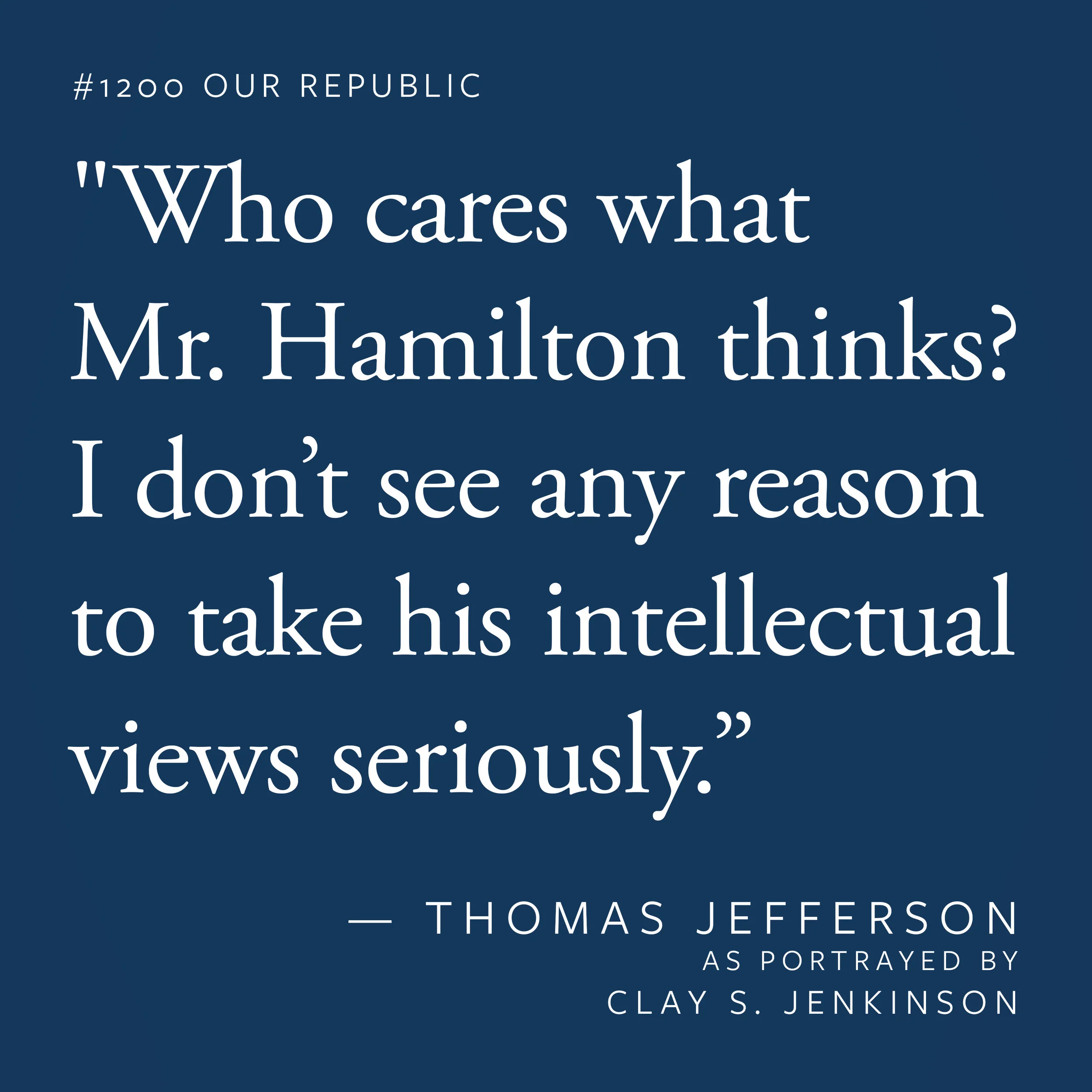
!["[The American people] are voting with their pocketbooks for something that is not a republic in any meaningful sense of the term."](https://images.squarespace-cdn.com/content/v1/56e72456c6fc08a432527baa/1474647112863-CPWSL79COZ82DU0W6VCJ/1200_Pocketbook)
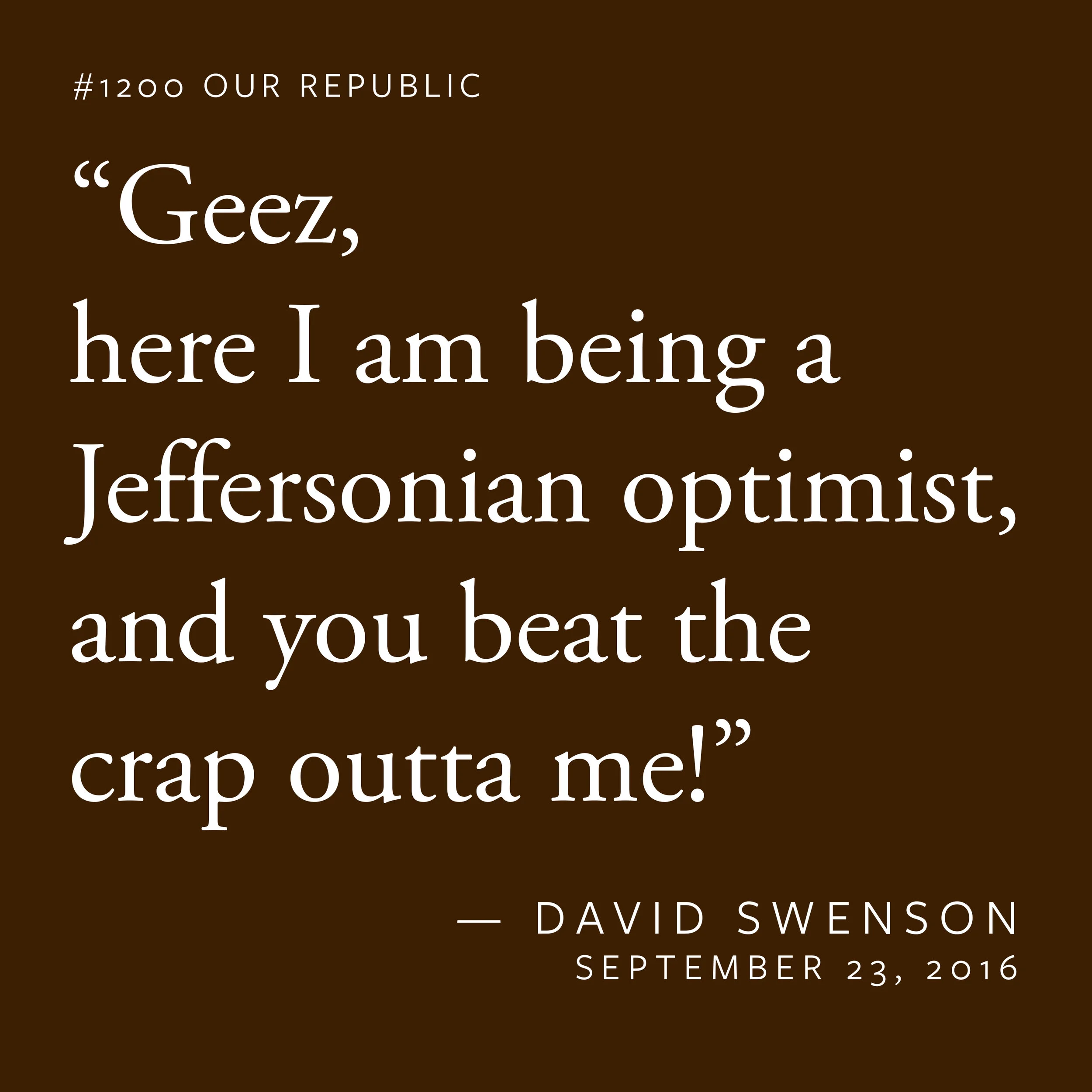
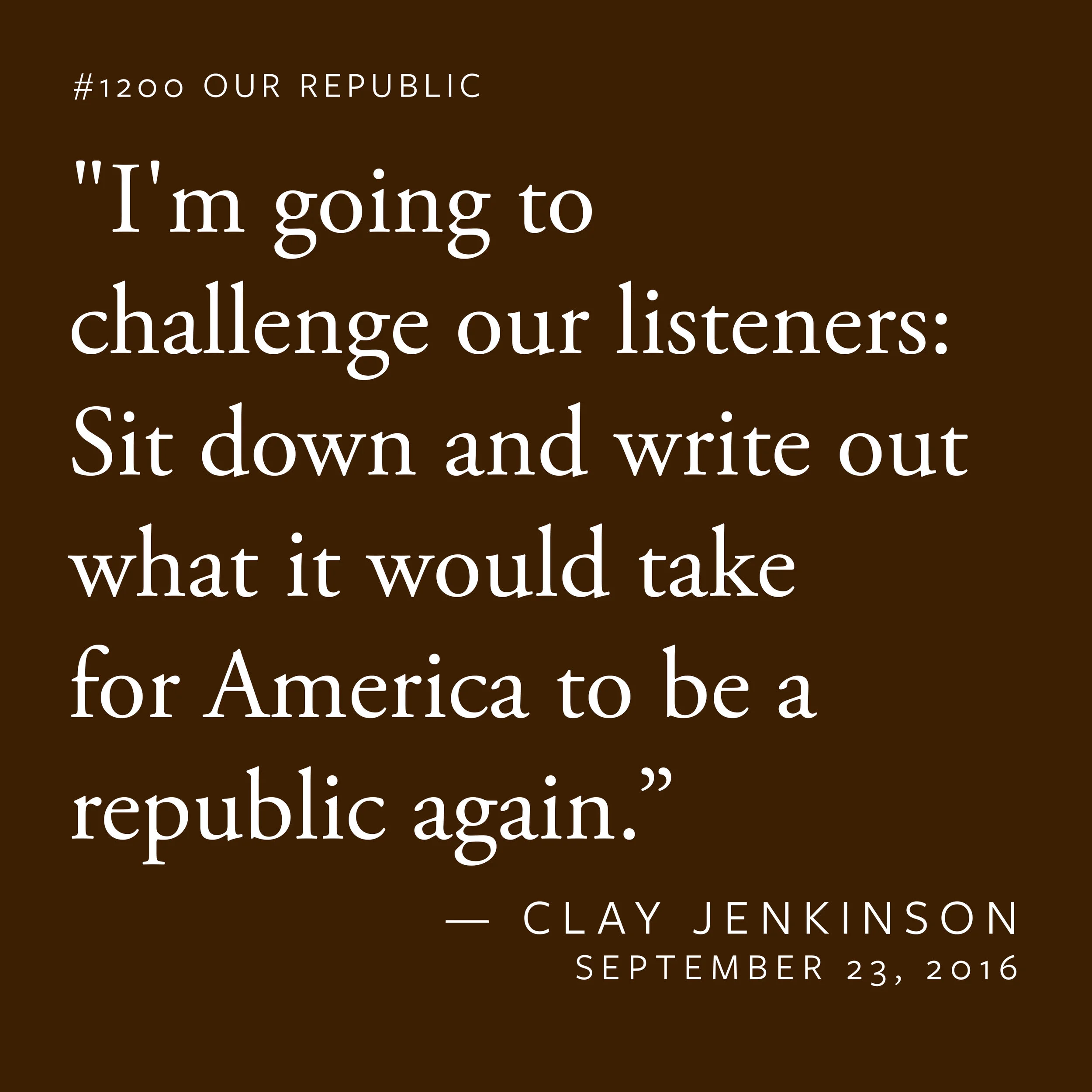

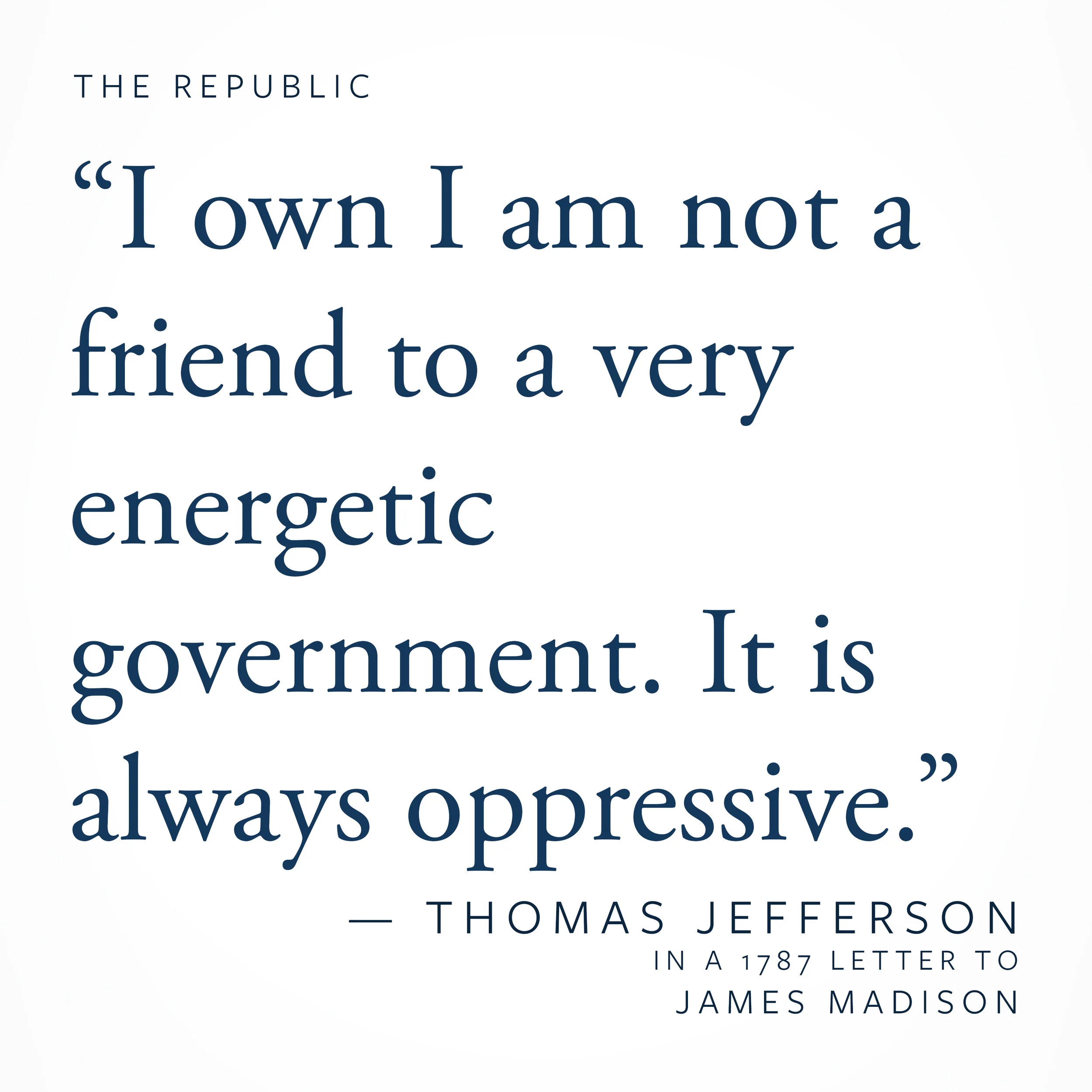
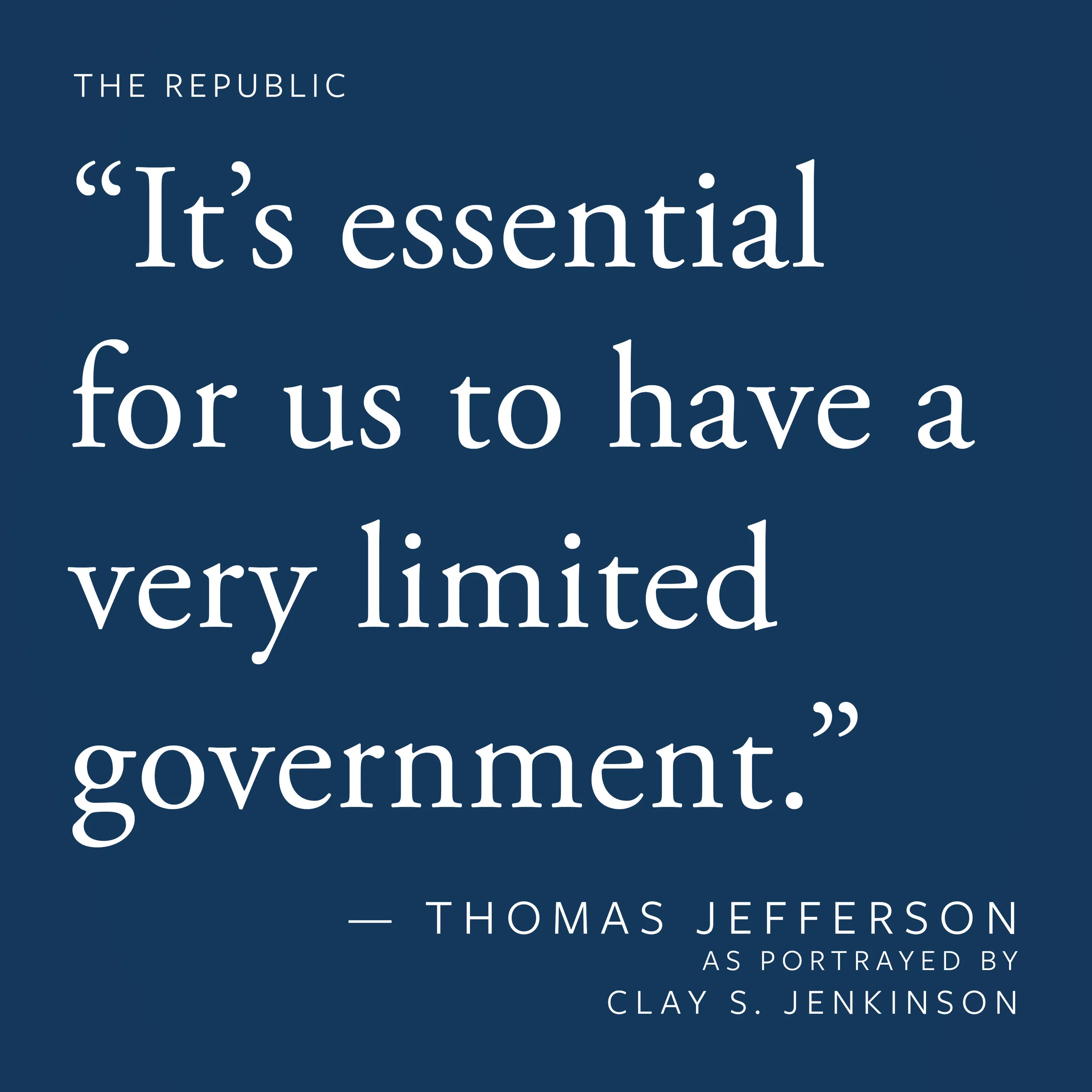
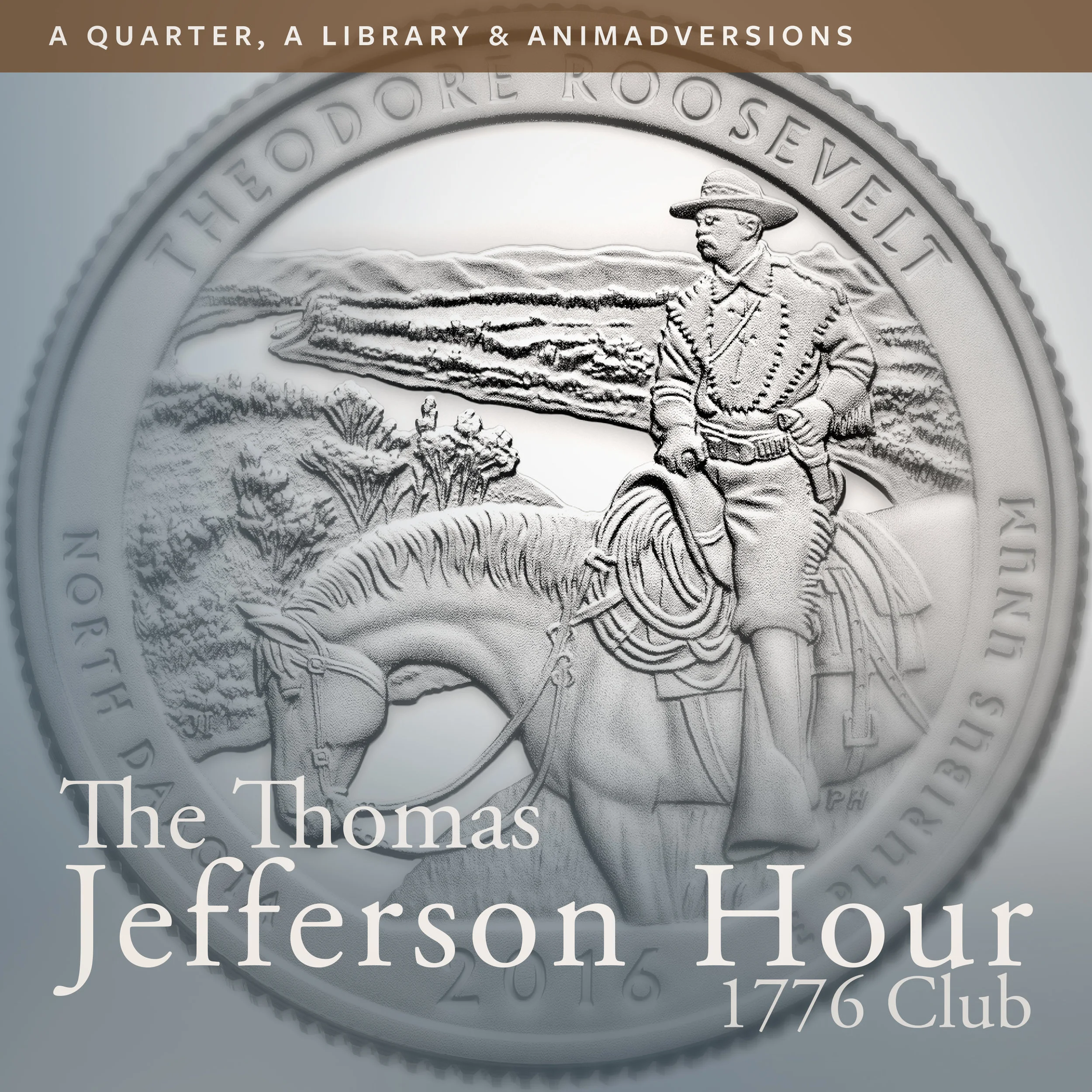
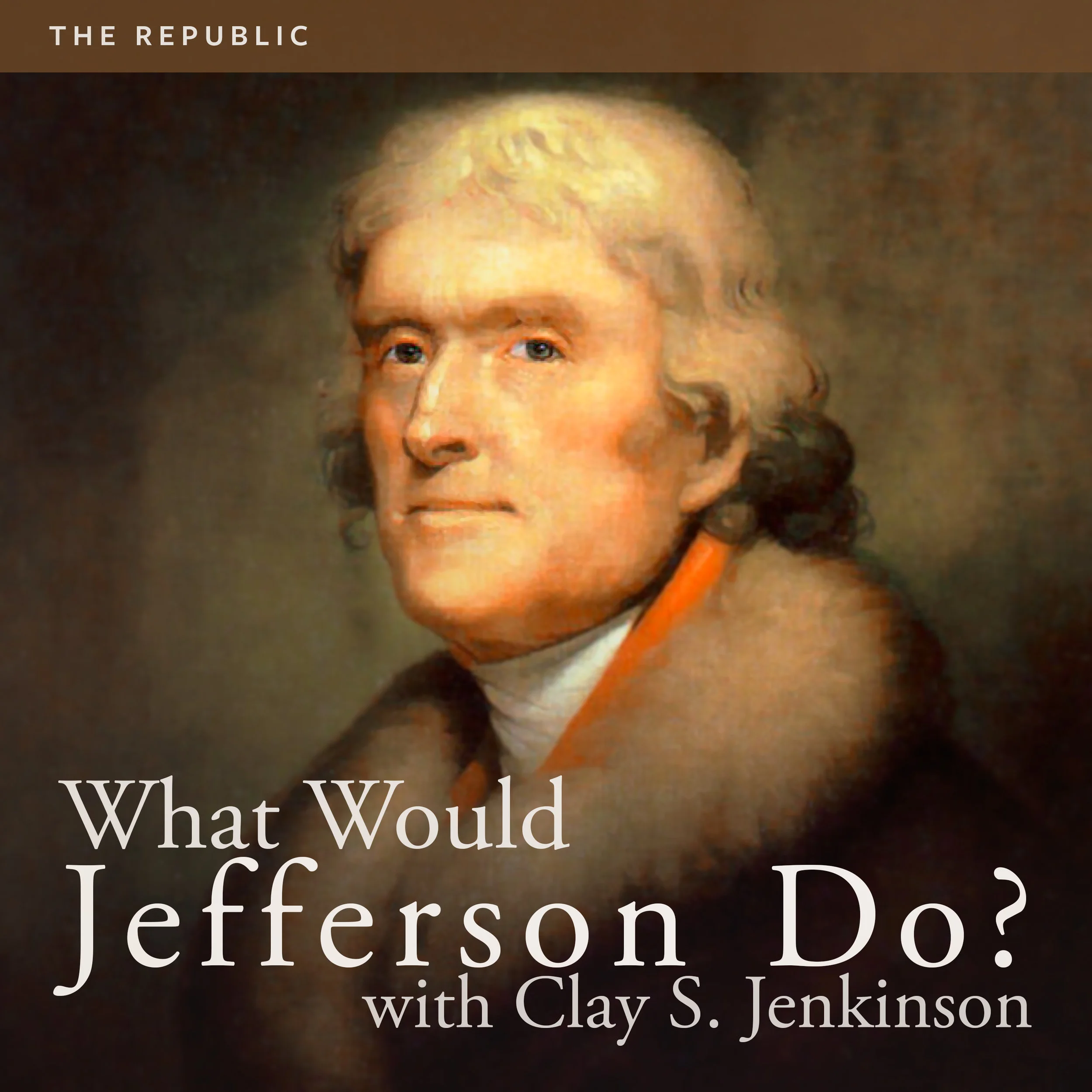
On November 9th, the day after the midterms, Clay Jenkinson and Dr. Lindsay Chervinsky share their early impressions and insights on what occurred during the 2022 election. Most administrations lose many congressional seats in off-year elections, but it didn’t happen this year. They speculate on what message this sends to both political parties and discuss issues that affected the results.
This week Clay responds to listener mail, including many comments regarding a previous show about Shays' Rebellion, and what Jefferson's reaction would be to the insurrection that occurred on January 6, 2021.
The events at the U.S. Capitol on January 6, 2021 dominated the thoughts of most citizens last week. Clay Jenkinson offers his own thoughts and historical perspective along with comments from Jefferson Hour contributors Beau Wright, David Nicandri and Joseph Ellis.
In an earlier program, the Thomas Jefferson Hour presented a discussion between Clay Jenkinson and Professor Joseph Ellis about monuments and the potential removal of some, and how we as citizens can come to better understand this issue. This week we present thoughts on this subject received from our listeners.